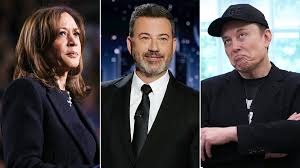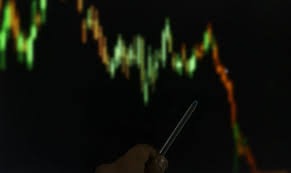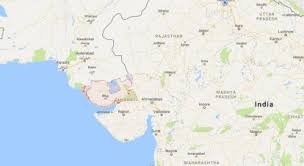 Image Source : Fox News
Image Source : Fox News
A fresh controversy over free speech and political influence erupted this week after former US Vice President Kamala Harris publicly defended comedian Jimmy Kimmel, whose late-night show was suspended by ABC following backlash over comments targeting conservative activist Charlie Kirk. Harris’s post, shared on September 19, 2025, accused the Trump administration of abusing power to silence dissenting voices. However, the debate took a sharp turn when Elon Musk responded by resurfacing one of Harris’s own past tweets calling for Donald Trump’s social media ban.
The exchange has reignited discussions around media freedom, political hypocrisy, and the role of tech platforms in shaping public discourse.
Key Highlights From The Social Media Showdown
• Kamala Harris condemned the suspension of Jimmy Kimmel’s show, calling it an attack on free speech
• ABC pulled Kimmel’s show after his monologue linked conservative rhetoric to violence against Charlie Kirk
• Elon Musk responded by reposting Harris’s 2019 tweet advocating for Trump’s Twitter suspension
• Musk’s reply sparked debate over political consistency and censorship
• FCC’s alleged pressure on Disney to cancel Kimmel’s show adds a regulatory dimension to the controversy
Kamala Harris’s Statement And Its Context
In her post on X (formerly Twitter), Harris expressed concern over what she described as a coordinated effort by the Trump administration to intimidate media outlets. She warned that broadcasters were capitulating to political threats and urged citizens to resist complacency in the face of what she called a frontal assault on free speech.
Her remarks came after Disney, the parent company of ABC, indefinitely suspended Jimmy Kimmel’s show. The decision followed Kimmel’s controversial monologue criticizing attempts to politicize the actions of Tyler Robinson, the accused shooter of Charlie Kirk. Harris’s post echoed broader concerns raised by politicians and media watchdogs about the erosion of First Amendment protections.
Elon Musk’s Counterpoint
Elon Musk, owner of X and a close ally of President Trump, responded by reposting a tweet from Harris dated September 30, 2019. In that tweet, Harris, then a senator and vice-presidential candidate, called for Trump’s Twitter account to be suspended. Musk added a thinking face emoji, prompting users to question Harris’s consistency on free speech.
The repost drew attention to the perceived contradiction between Harris’s current defense of media freedom and her earlier support for platform-based censorship. Musk’s intervention quickly went viral, with thousands of users weighing in on both sides of the debate.
FCC’s Role And Political Fallout
The Federal Communications Commission (FCC) has also come under scrutiny, with reports suggesting that Chairman Brendan Carr threatened ABC with license revocation if it continued airing Kimmel’s show. Republican Senator Ted Cruz warned that such actions set a dangerous precedent and could backfire on conservative media in the future.
The FCC has not issued a formal statement, but insiders suggest that regulatory pressure played a role in Disney’s decision. This has raised alarms among civil liberties groups, who argue that government interference in editorial decisions undermines democratic norms.
Public Reaction And Broader Implications
The incident has sparked intense discussion across media platforms, with commentators debating the boundaries of free speech, the responsibilities of broadcasters, and the influence of political power on entertainment. Supporters of Harris argue that her current stance reflects a defense of institutional media, while critics accuse her of selective outrage.
Meanwhile, Kimmel’s supporters have launched online petitions and solidarity campaigns, calling for his reinstatement and greater protections for satirical content. The controversy has also revived interest in past cases involving Stephen Colbert and other late-night hosts who faced backlash for political commentary.
Looking Ahead
As the debate continues, the clash between Kamala Harris and Elon Musk underscores the complexities of free speech in a polarized media landscape. With regulatory bodies, tech platforms, and political figures all playing a role, the future of public discourse may hinge on how these tensions are resolved.
Sources: Mint, Hindustan Times, Yahoo News.
Advertisement
Advertisement







